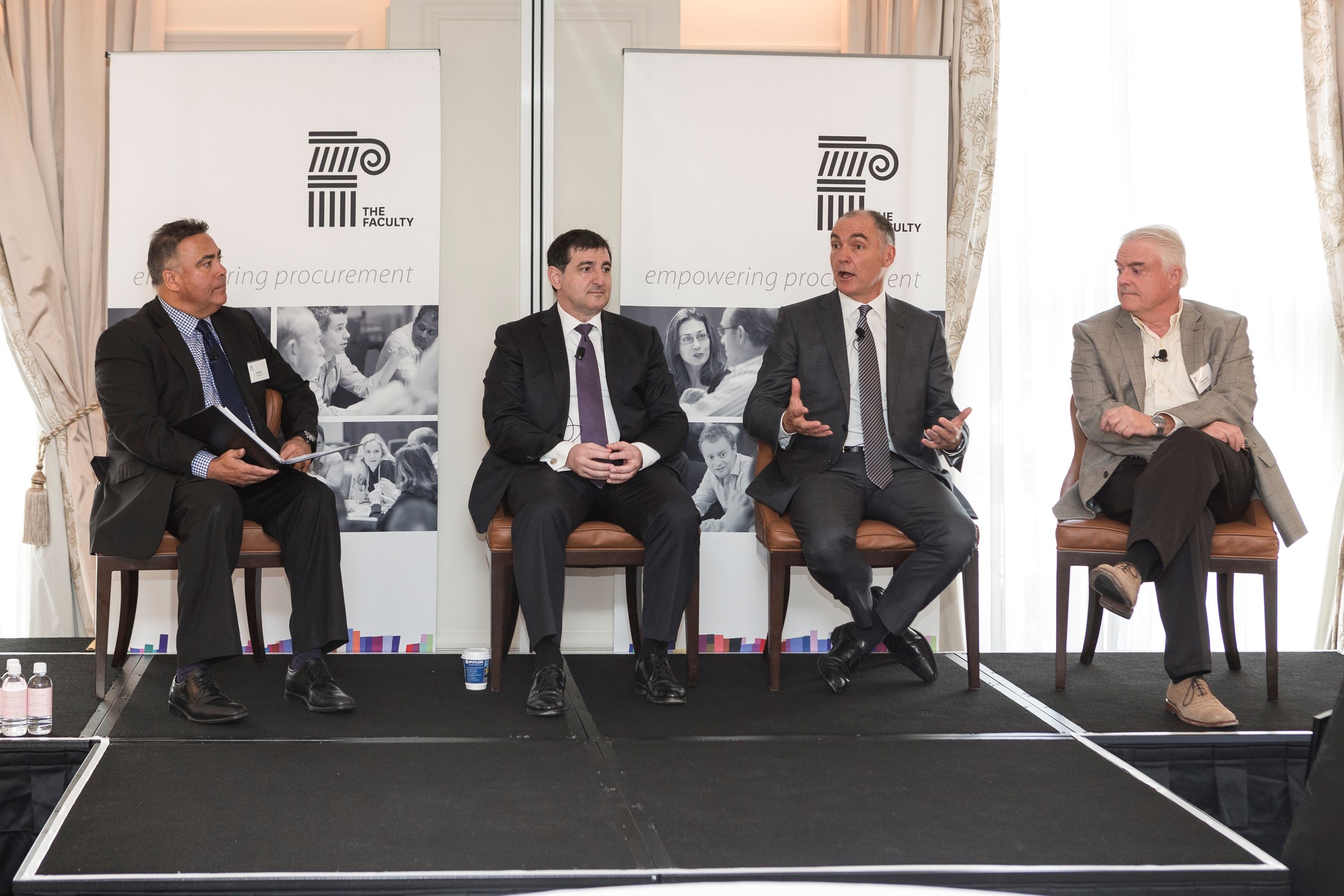Fight Or Flight? How To React To Change
Curl up in a ball, or seize the moment – what’s the best way to move forward in a period of uncertainty and change?
 Piotr Krzeslak/Shutterstock.com
Piotr Krzeslak/Shutterstock.com
One thing we know, given the past 18 months, is that dramatic political change leads to economic uncertainty. With protectionist sentiment rising, trade remaining stagnant, the US economy led by a skittish and unpredictable President, a host of unknowns around the Brexit fallout, European elections, abandoned trade deals and other shocks, it’s hard to know how to plan ahead.
Elevated uncertainty can lead organisations to perform the enterprise-level equivalent of curling up into a ball. Projects and investment plans are deferred, fewer workers are hired, risk-aversion goes through the roof, short-termism triumphs over long-term growth and earnings take a hit as consumers decrease their spending.
Three high-profile panellists debated this issue at PIVOT: The 10th Asia-Pacific CPO Forum, offering delegates some very different answers to the question of how to react to change. A consensus was reached, however, around one point – the importance of agility.
Giles Breault, Founder of The Beyond Group, shared this gem: “If you believe that necessity is the mother of invention, I’d say uncertainty is the mother of agility.”
A willingness to adapt and adjust
Agility must be encouraged not only at the process level, but at the senior and strategic level too. This means having the ability, and willingness, to change plans at a moment’s notice. Breault told the audience: “When you’re living in an uncertain environment, you need to constantly plan, revisit and do course corrections. Similarly, you need to demand of your suppliers that they’re doing the same thing.”
Does this mean long-term business plans are now unrealistic? It depends entirely on your approach. Companies that “set and forget” three, five, or even ten-year plans, and then stick doggedly to the path, will quickly discover just how rapidly those plans become obsolete.
Increasingly, best-in-class executives are those that possess a degree of flexibility in how their mind works, have a degree of empathy with their people and the market, and can remain confident in the face of ambiguity.
KPMG Australia Chairman Peter Nash said that “there are still many CEOs today who revert to rigid process and a doctrine of control in reaction to issues faced by the business. They draw the decision-making up to themselves and push down their commands. I expect in the future we’ll see a more agile form of CEO emerging.”
Breault also comments on this outdated method of reacting to change, and ties it to redundant leadership skill-sets. “Many executives are finding themselves in an uncomfortable position as they realise that the skills which landed them in their roles aren’t the skills that will keep them there. The very things they congratulated themselves on achieving won’t keep them employed.
“For example, of the fifteen major corporations we’ve talked to, a total of zero had a specific program for digitalisation. These organisations have no plan how to move ahead, which is absolutely stunning.”
Take responsibility for staying informed
Peter Nash told panel facilitator Keith Bird (MD, The Faculty) that CPOs need to take responsibility for informing themselves about changes on the horizon. “Read about the issue, talk to people in your network and find out how it will impact your business by discovering how it’s impacting other businesses. It’s important to have a high degree of personal responsibility when it comes to keeping yourself informed.”
Embrace change
Nash says organisations should make time to examine how they get things done. “Are they tied to rigid processes or to certain types of thinking, or have they moulded their organisation into something more fluid? Do they test new ideas, adapt to disruption and engage with the community? Organisations that are more adaptive will be far more successful than others.”
Looming disruption or inevitable change doesn’t have to be scary. George Boubouras, Managing Director and CIO of Contango Asset Management, had this positive message to share with Forum delegates facing change: “Challenge yourself and prepare for the exciting time ahead! Embrace the disruption with enthusiasm and look at how you can contribute to it.”
